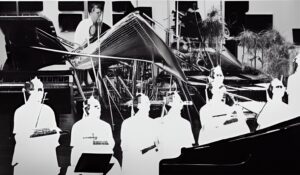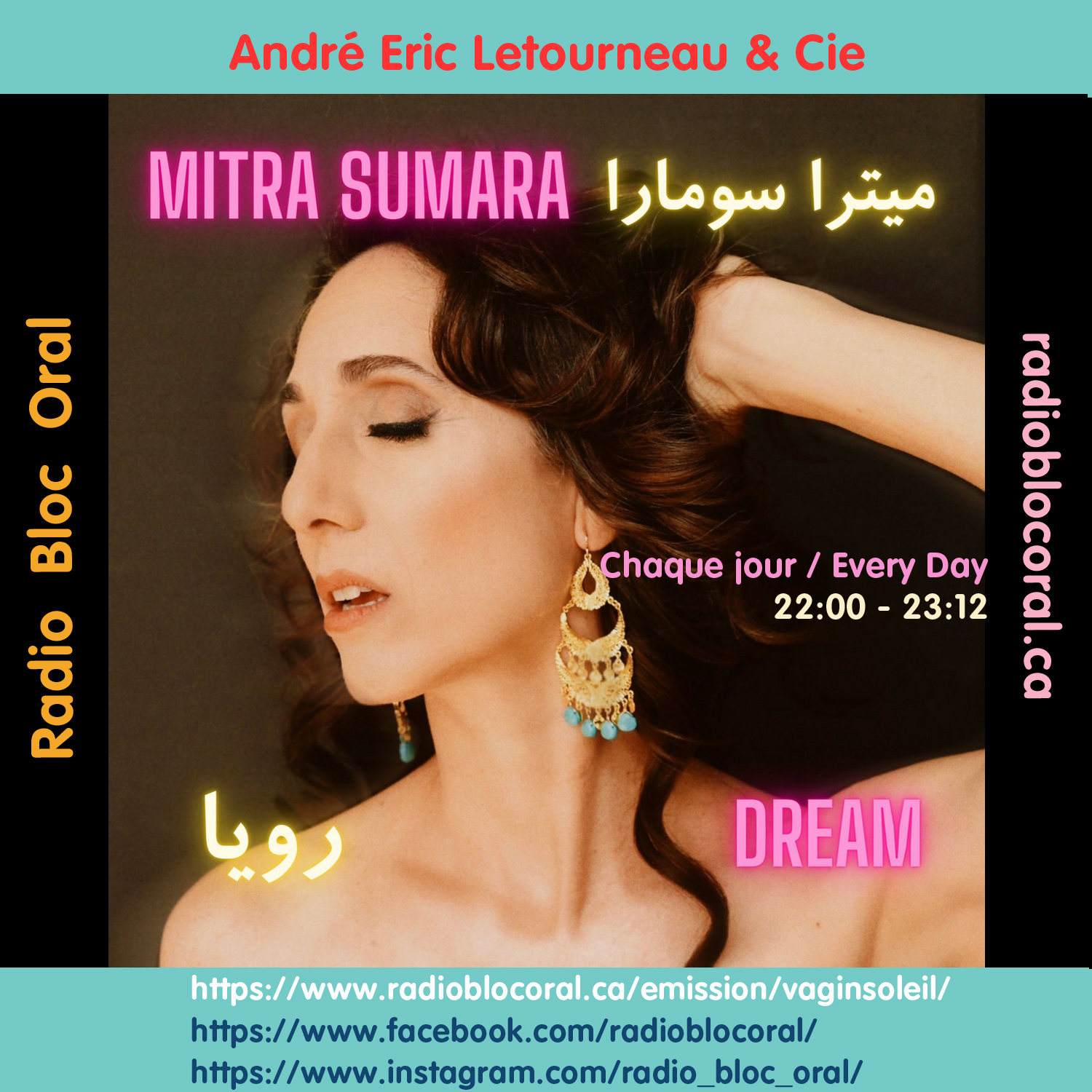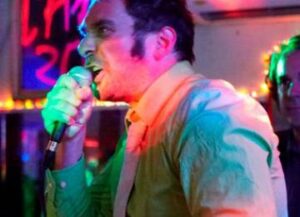Dans sa performance « Sacrifice » , l’artiste chinois Zhu Yu reprend l’adage chinois « Tu n’es bon qu’à être mangé par les chiens» au sens littéral. Après des dizaines d’entrevues avec des femmes de différentes conditions sociales (enregistrées sur vidéo) en vue de se trouver une collaboratrice et de négocier un arrangement, Zhu Yu recrute finalement une travailleuse du sexe prête à porter un enfant communément créé par eux par insémination artificielle pour ensuite avorter le foetus après trois mois de gestation. L’embryon est ensuite offert à un chien qui, après avoir avalé le pacenta, refuse finalement de manger la partie centrale du corps, s’engageant finalement à le protéger. Cet entretien d’une heure avec entre l’artiste et Éric Dumaine Létourneau retrace les étapes de cette œuvre, peut-être la plus violente et la plus dérangeante de toute l’histoire de l’art. L’émission se conclut sur la musique de l’artiste bonhomme.
Émission #8 Dream

Émission #7 La face cachée du devenir
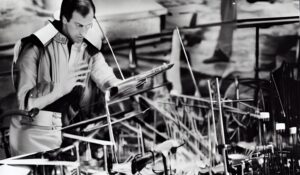
Émission #6 Truffes Enticultes et Tentacules Stentantes

Émission #5 Manette Workman en concert au centre d’épuration de l’âme, Interzone, 9 mars 2024
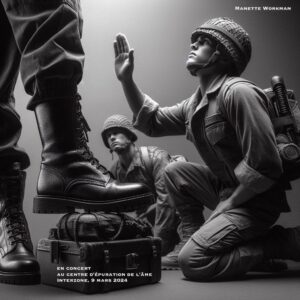
Émission #4 Le noise du cash flow. Le noise de l’accord du loup bruit coulant tapant
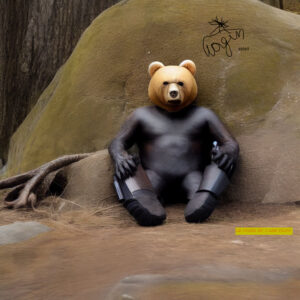
Émission #3 Vita perennis gloria fulminée ce jour, micro-plaisir et satanisme
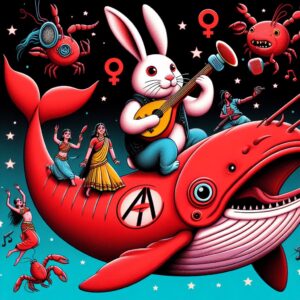
Émission #2 Réalisé par André Eric Letourneau en compagnie de Sandeep Bhagwati. un entretien avec un fascinant compositeur radical ukrainien qui vit aux USA : Leonid Hrabovsky, malheureusement trop méconnu.
Leonid Oleksandrovych Hrabovsky (born 28 January 1935) is a contemporary Ukrainian composer, now living in the United States.
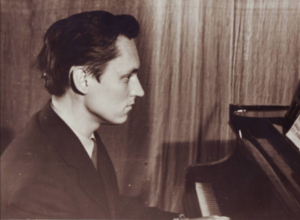
Leonid Hrabovsky is one of the group of Ukrainian composers whose worksindicated the opening of the modernist era in Ukrainian music of the late 20 century.
Hrabovsky studied economics at Kiev University (1951–1956), and from 1954 composition under Boris Lyatoshynsky and Lev Revutsky at Kiev Conservatory which he graduated in 1959. His diploma work « Four Ukrainian Songs » for chorus and orchestra (1959) which won first prize in an all-union competition. Shostakovich wrote about this: ‘the Ukrainian Songs by Hrabovsky pleased me immensely—his arrangements attracted me by the freedom of treatment and good choral writing’.
In the early 1960s Hrabovsky taught theory and composition at the Kiev Conservatory. He belonged to group of the so-called Kiev avant-garde (as well as Hodzyatsky, Huba, Silvestrov, Yevhen Stankovych and Zahortsev). Leonid was active as a composer, editor, and translator. He was one of the first Soviet composers to adopt minimalism. His works include Dramatic, Orchestral, Chamber, Vocal Music and music for solo instruments. Hrabovsky’s works show Asian influences.
In 1981 he moved to Moscow. In 1987 he worked as an editor for « Sovetskaya muzika » magazine. In 1990 he moved to the US at the invitation of the Ukrainian Music Society. He settled in Brooklyn. Since 1990 to 1994 he was composer-in-residence at the Ukrainian Institute of America.
Émission #1
